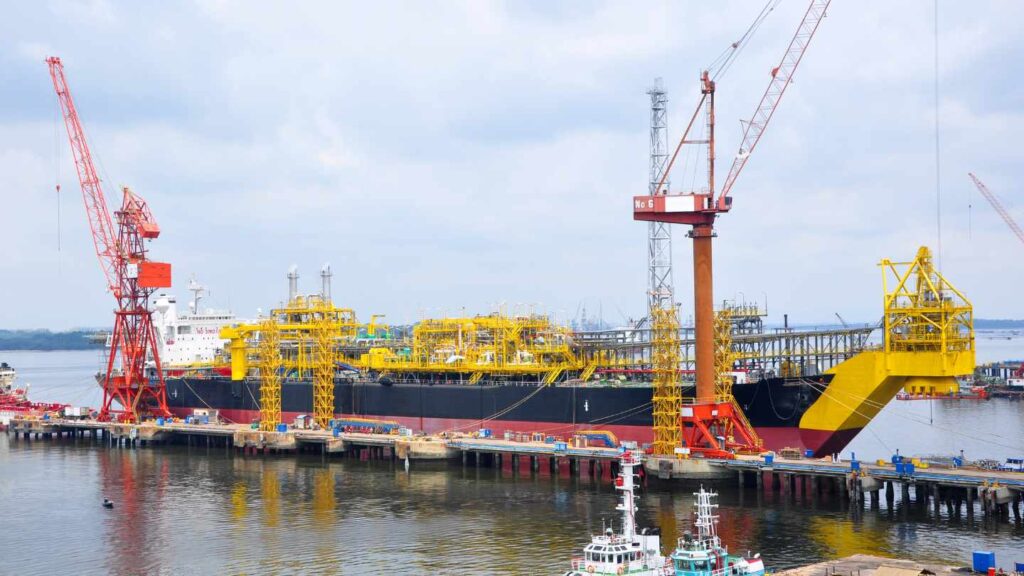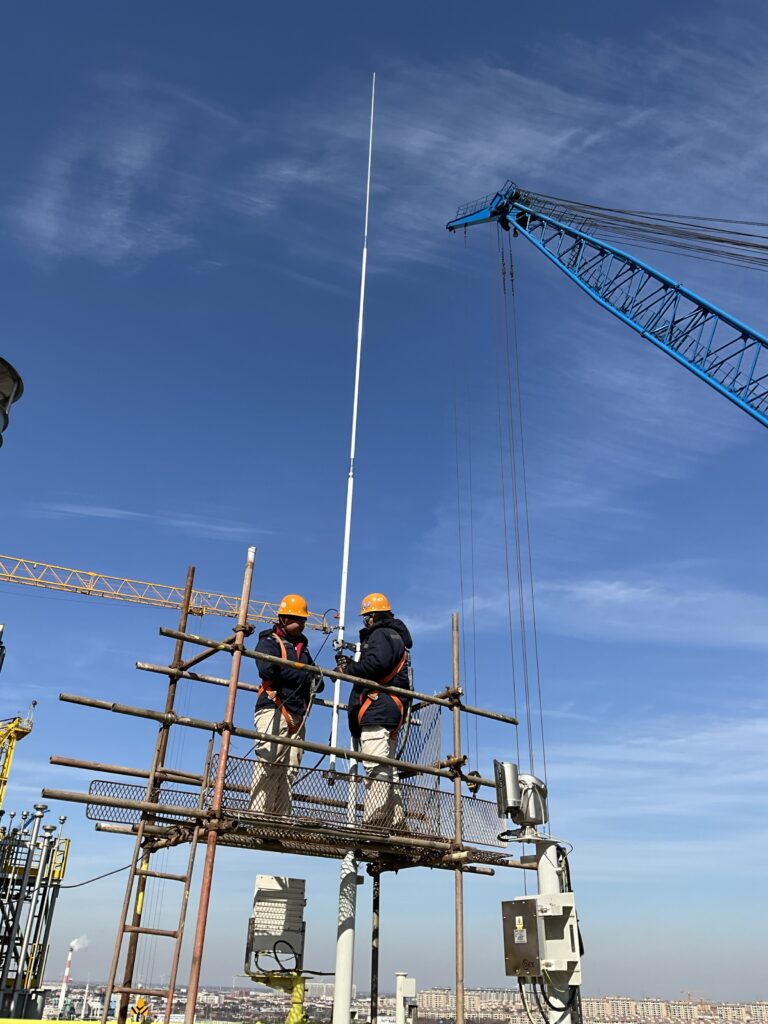MF/HF Systems on FPSO Vessels
MF/HF systems on FPSO vessels provide robust connectivity in remote locations and ensure the safety and efficiency of operations.
Floating Production, Storage, and Offloading (FPSO) vessels play a crucial role in the offshore oil and gas industry, serving as mobile platforms for the processing and storage of hydrocarbons. To ensure the safety and efficiency of these vessels, various communication systems are employed, with Medium Frequency (MF) and High Frequency (HF) systems standing out as essential components.

Understanding MF/HF Systems for FPSO Vessels
Integration with GMDSS
MF/HF systems on FPSOs are designed to integrate seamlessly with GMDSS, ensuring adherence to international safety standards. This integration enhances the overall safety of FPSO operations by enabling distress alerts, maritime safety information broadcasts, and general communication within the GMDSS framework.
The Components of MF/HF Systems used in GMDSS
The transceiver is the core component responsible for both transmitting and receiving signals. It operates on MF & HF bands and has features like Digital Selective Calling (DSC) for automated distress alerting.
The Antenna Tuning Unit is essential for optimizing the matching between the transceiver and the antenna system. It ensures efficient transfer of radio frequency energy between the transceiver and the antenna, maximizing the effectiveness of communication.
The antenna is a critical component for radiating and receiving electromagnetic waves. It is designed to operate efficiently within the MF and HF frequency bands, providing the necessary coverage for long-range communication.
The control unit is responsible for managing and controlling the various functions of the MF/HF system. It includes user interfaces for manual operation, access to frequency channels, and control of additional features such as power settings and diagnostics.
A reliable power supply is crucial for the continuous operation of the MF/HF system. Redundant power sources and backup systems are often integrated to ensure that communication capabilities are maintained even in the event of a power failure.
The Digital Selective Calling (DSC) controller is a specialized component that enables the automatic initiation of distress, urgency, safety, and routine communication. It allows vessels to send distress alerts with precise location information, enhancing the efficiency of search and rescue operations.

Coverage in Remote Locations
FPSO vessels often operate in remote offshore locations where traditional communication methods may be unreliable. MF/HF systems offer a robust solution by providing long-range communication capabilities, ensuring that FPSO crews can stay connected even in remote areas where other communication options may be limited.
Emergency Situations and Search and Rescue
In emergency situations, immediate and reliable communication is paramount. MF/HF systems on FPSO vessels serve as a lifeline during distress, enabling communication with maritime authorities and facilitating search and rescue operations. These systems are equipped with Digital Selective Calling (DSC) capabilities, allowing for automated distress signal transmission.
Data Transmission for Operations and Monitoring
Beyond voice communication, MF/HF systems facilitate data transmission crucial for operational purposes. This includes transmitting telemetry data, weather updates, and other vital information required for decision-making on the FPSO. The ability to exchange data efficiently contributes to the overall effectiveness of offshore operations.
Get the Right Team!
Team Vivo Asia has over 10 years of experience in designing and installing Telecom, IT and ELV systems for harsh and hazardous environments. Over the years, we have successfully carried out the installation of MF/HF systems on FPSO vessels. Contact us today to discuss your requirements!
